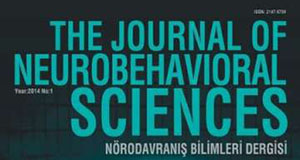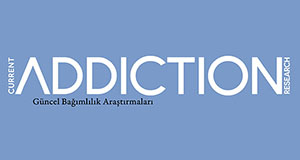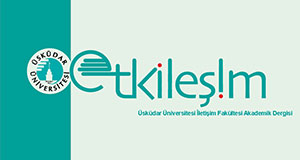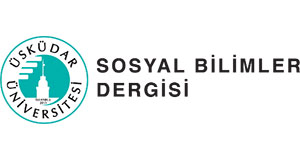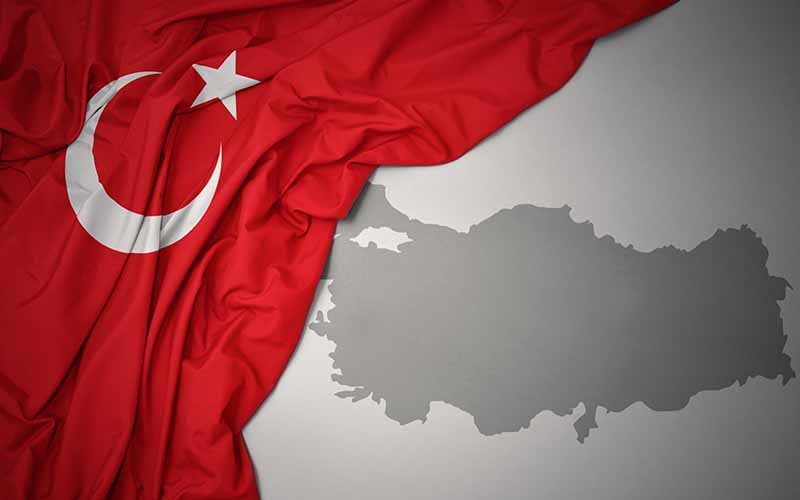
Very recently, after the election of June 2015, the Turkish Parliament had an opening session which was rendered significant due to the symbols of change it put forth. A member of RPP, the Republican People’s Party (CHPCumhuriyet Halk Partisi) representing the official founding ideology of the country headed the session as the most senior member of the parliament, while two female members, as the two youngest, one of whom was a Kurdish from People’s Democratic Party, PDP (Halklarin Demokratik Partisi-HDP) and the other one a woman with a headscarf from Justice and Development Party, JDP (Adalet ve Kalkinma Partisi-AK Parti) shared the pulpit with him. The fact that the latter both of whom represented the two “internal enemies” namely the Kurdish separatists1 and the Muslim reactionaries2 , from the perspective of the official state ideology3 represented by the former for many decades were “tolerated” purported to the recent changes in the republic. This picture which spoke a thousand words was the incendiary to revisit the making of national identity in Turkey in this research. This paper probes the challenges that stemmed from Orientalist ideals espoused at the outset of the republic on the process of reconstruction of Turkey’s new national identity that is anticipated to cater to all fractions that comprise changing Turkey in the prospects in line with democratizing processes. In doing so, it focuses on the Islamists and the Kurdish, to explicate how these two groups were considered to be the major threats to this very original construction process. It will argue that in order to meet the needs of the democratizing republic, the state will have to reconstruct national identity anew. This will be merely possible if the regime will move further away from the orientalist construction of national identity, to a more universalized and heterogenized i.e. non homogenized4 one that allows particularities based on intrinsic or acquired differences such as race, ethnicity, religion and culture. This process, albeit stagnant at times, is already at works.

